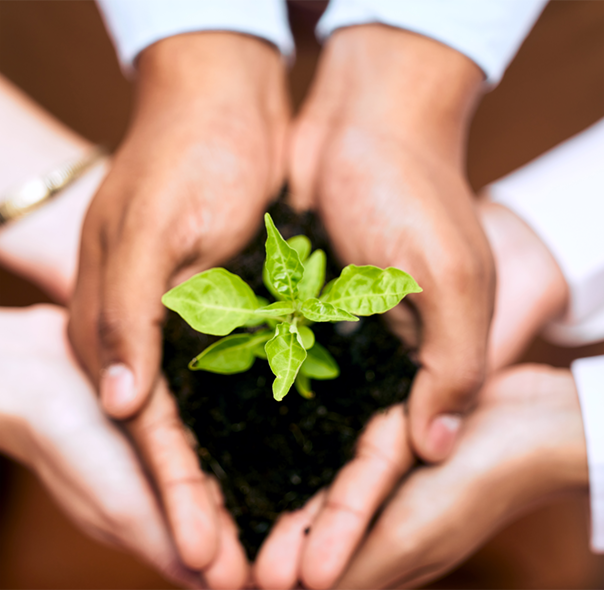Projected to be the fourth-largest economy by 2050, ASEAN’s impressive growth continues to be reflected in the ever-changing skylines of its cities.
Yet, as Southeast Asia embarks on greater investments in infrastructure and buildings, the region must also confront the growing impact this will have on the environment. Notably, buildings now account for almost 40% of annual global CO2 emissions.
To negate the sizeable environmental impact of our infrastructure, Southeast Asian cities must set ambitious green building goals and, most importantly, commit to them. Just like Singapore, the government has set a national target of achieving 80% green buildings by 2030.
One important aspect of making this goal achievable is creating accessible pathways for the funding of sustainable projects – in particular, through green loans that offer lowered interest rates for greener buildings and houses.
Commissioned by Singapore’s Building and Construction Authority (BCA), Hitachi has developed a set of easy-to-use green financing assessment tools to assist a range of different stakeholders in making the green transition, and hence support green financing in Singapore.
Today, green financing is seeing immense growth, with 2021 being a record-setting year for the sustainable finance market.
Even as more of such sustainable options become available, building owners may find it difficult to embark on the process of securing green loans. Traditionally, obtaining the relevant green building certifications to be eligible for a green loan often requires external consultants and may take as long as several weeks. On top of this, significant know-how is needed to improve a building’s energy efficiency to meet these eligibility requirements.
To address these issues, Hitachi has developed the Building Energy Efficiency Assessment (BEEA) tool.
Sitting within the Super Low Energy Building (SLEB) Smart Hub, the BEEA is a quick and simple online self-assessment tool that utilises AI to intelligently assess a building’s energy efficiency level within a matter of minutes. The tool also provides actionable insights and steps to improve their building’s energy efficiency.
From here, the generated report can then simply be used to apply for green loans with partnering financial institutions like OCBC Bank.
Currently, BCA is collaborating with OCBC Bank, which is now leveraging the BEEA tool to assess the green loan eligibility of building owners, developers and businesses across the property value chain.
Developers in the early planning stages of a development project, as well as existing building owners, can also freely make use of the tool to better understand and improve their building’s energy efficiency as needed, whether they intend to pursue a green loan or not.
It is easy to assume that individual residences do not contribute much in the way of carbon emissions.
However, this is not the case: ASEAN’s residential sector has the second-largest electricity demand in the region. Coupled with the region’s heavy reliance on fossil fuels, which account for a staggering 75% of ASEAN’s energy mix, this high demand is simply unsustainable in the long-term.
On the flipside, this means that the region has a great opportunity to make a significant difference in global carbon emissions. For instance, ASEAN could see as much as a 92-million-ton reduction in CO2 emissions just by transitioning to energy-efficient air conditioners!
To help homeowners be a part of this positive change, Hitachi has developed the Tropical Home Energy Efficiency Assessment (THEEA) tool. Alike the BEEA, this tool intelligently assesses a home’s energy consumption based on information input by the user. This is then benchmarked with the national average energy consumption to reveal the energy savings that a home has. Additionally, the tool also provides useful insights to help homeowners improve their home’s energy efficiency!
Like the BEEA, this report can then be directly used to apply for green loans at partnering banks for both the purchase and renovation of homes.

As a climate change innovator, Hitachi is committed to supporting the green building goals of Southeast Asian countries.
At Hitachi, we understand that cooperation from stakeholders across all sectors of society is necessary to realise the United Nations’ goal of net-zero carbon emissions by 2050. We also understand that, to achieve such cooperation, we must create greater accessibility to the mechanisms that enable the adoption of greener practices.
By providing these tools and helping to streamline green financing processes in Singapore, we are doing our part to encourage the transition towards sustainability for different groups across society – whether they are developers building skyscrapers or families building homes.
Date of Release: July 2022